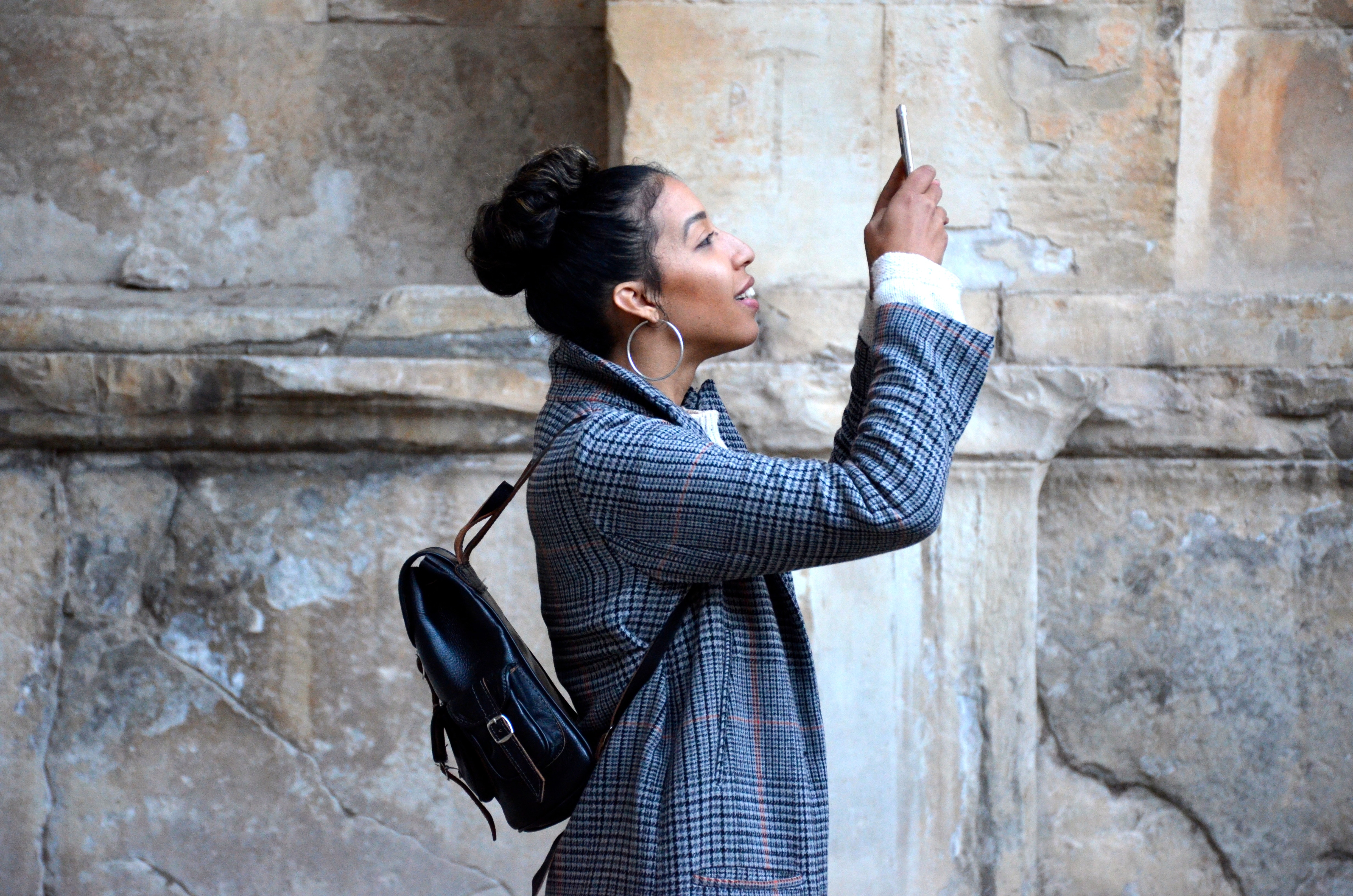Instagram is testing out a new feature that tells you if someone you follow deigns to “follow you” back, Select All reports. It seems like a small feature on a platform that’s always testing out new things, but it introduces something unfriendly for the typically rosy-hued haven of happiness that Instagram provides: it makes “following” someone a social obligation and makes nonreciprocal following seem cruel.
In theory, the feature would show whether someone “follows you” just under the list of people you follow in common. That visibility saves you the hassle of having to go stalking through who someone follows in some horrible, scroll-pocalypse to see if you are—or aren’t—listed among the Chosen Ones.
Some people (like on Twitter and over at Seventeen and Hellogiggles) seem excited about the feature. But I resent the idea that Instagram could, even if unintentionally, introduce yet another complicated digital-slash-social norm: the constant reminder of who follows you makes “following” emotionally weighted. Now, someone must “care enough” to throw you a reciprocal follow.
Seeing as many of the platforms’ 700 million users are young and female, the “follows you” feature threatens to exacerbate what is already a harrowing aspect of teenage girldom: a constant and ever-changing reminder of who your friends supposedly are and aren’t, and the assertion that this matters enough to be posted openly for you to see. It makes one-sided follows taboo and reestablishes a norm that reciprocal following is the nice thing to to do.
Like a new Instagram commandment, it seems to say “Those who follow must be followed back.” Because otherwise, you’ll be left with a sad one-way voyeuristic relationship, which creates the potential for hurt feelings if you find out someone no longer follows you. Can’t the platform just help us not care?
But that feeling isn’t limited to teenagers. And importantly, that feeling existed before Instagram—what anthropologists call the “norm of reciprocity,” meaning when we help others, say holding the door open for them, we anticipate they’ll do the same for us in the future. This can be a good thing, and may have been necessary from an evolutionary standpoint as collaborating with each other can help us survive. But the flip side of this norm is not so pretty, leading to things like hurt feelings and even revenge if we feel scorned by someone who didn’t repay our kindness. Even in more subtle ways, the norm of reciprocity can make you feel trapped in do-gooding about something really small and ultimately pretty unimportant.
That seems likely to happen with the “follows you” feature. I don’t want to follow people out of reciprocal guilt that they follow me—I want to follow them because I want to. And what about people I don’t want to follow and really don’t need them reminded of that fact? It’s not a personal offense that I have no interest in following my friend from high school who posts one food photo every three months.
Then suddenly, things becomes awkward. The imposed reciprocity offers yet another token, among many on the site such as “likes” and “comments,” that you can exchange as a weak currency vaguely resembling mutual appreciation or genuine interest. Like many existing features on Instagram—liking, commenting, tagging—digital social signals feel like genuinely caring about the person who posted or the story they’re sharing. But in reality, you’re often just scrolling and tapping and clicking at will, especially for people who do so on your posts often. Digital silence on a platform as nice as Instagram is becoming harder, too. Take direct messaging. You can now click one button and send a giant heart in response to anything someone sends you. Oh that dog video you DMed me? I LOVE IT and definitely watched it!
But it’s often more like a read receipt (another horrible invention) that proves you’ve seen something, not that you necessarily care about it. The read receipt lets someone know when you’ve opened their text—which you can also do with certain email providers—which then, in my experience, seems to start a timer. Someone is watching you, knowing that you’ve received their message, and now you have to respond. And soon. The read receipt establishes a social quirk that says it’s rude to not respond because that person knows you’ve seen it, which mirrors the “follows you” feature. Both reinforce the idea that we must have a vested interest in others’ messages and posts largely because they can tell if we don’t.
These minor things—the follows you feature, the read receipts, the giant heart—may not seem especially profound on their own. But taken together, they show how weird and complicated the web of expected social norms on social media have become.
Read more on Select All.


